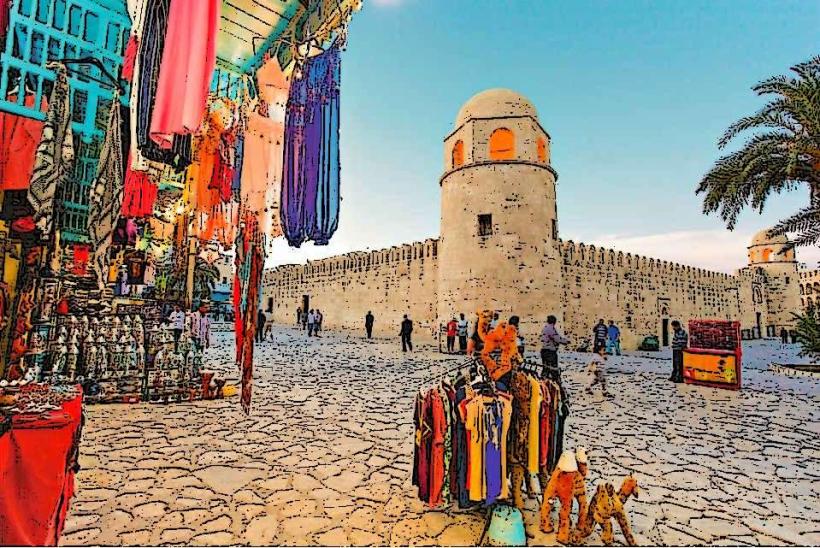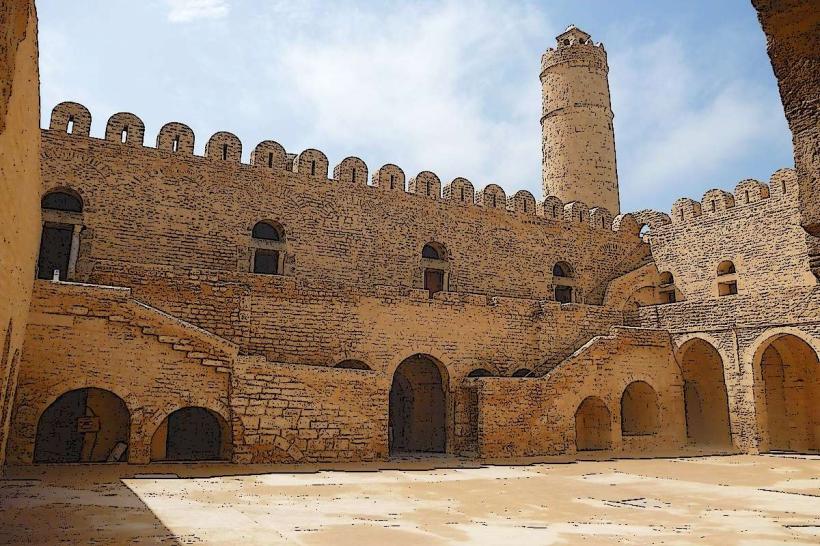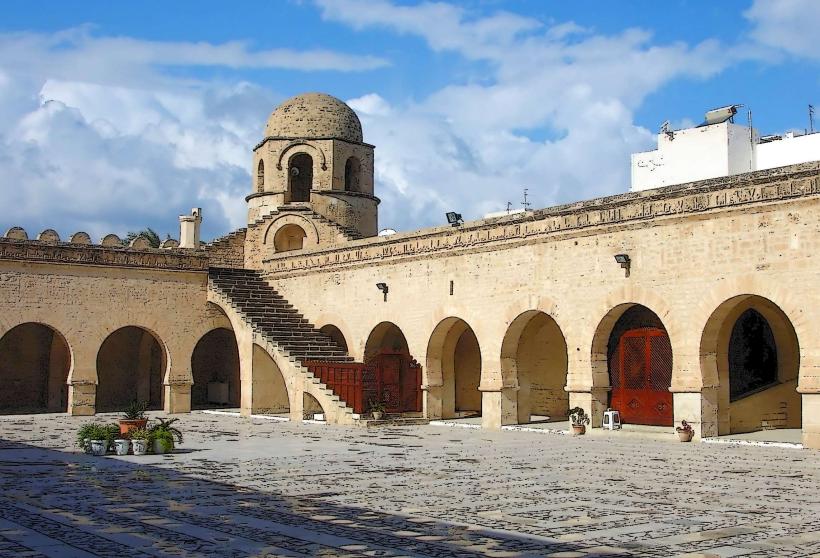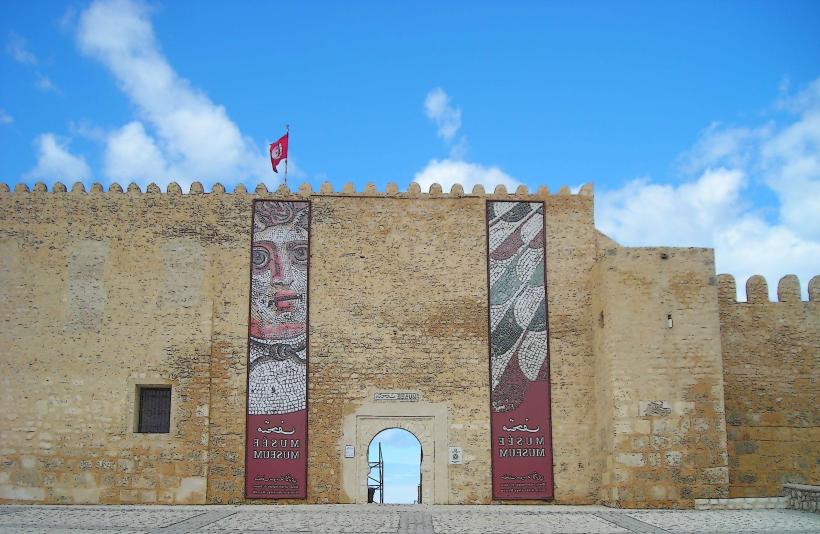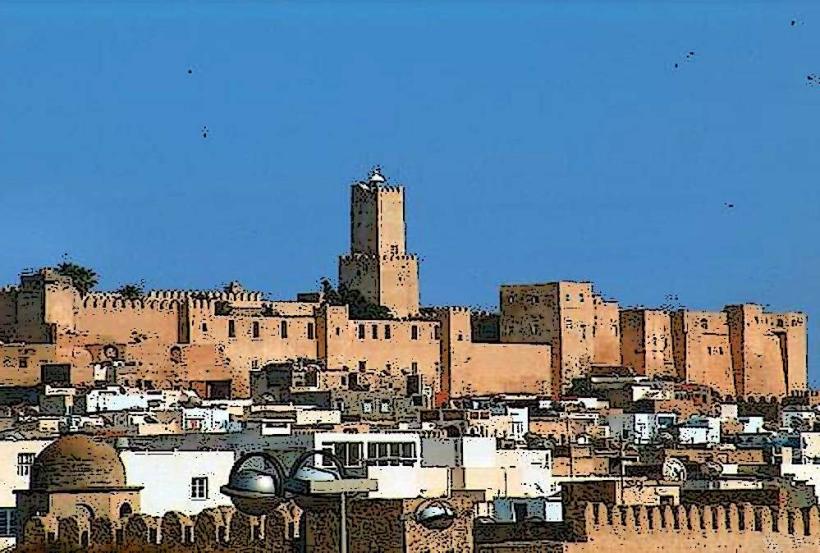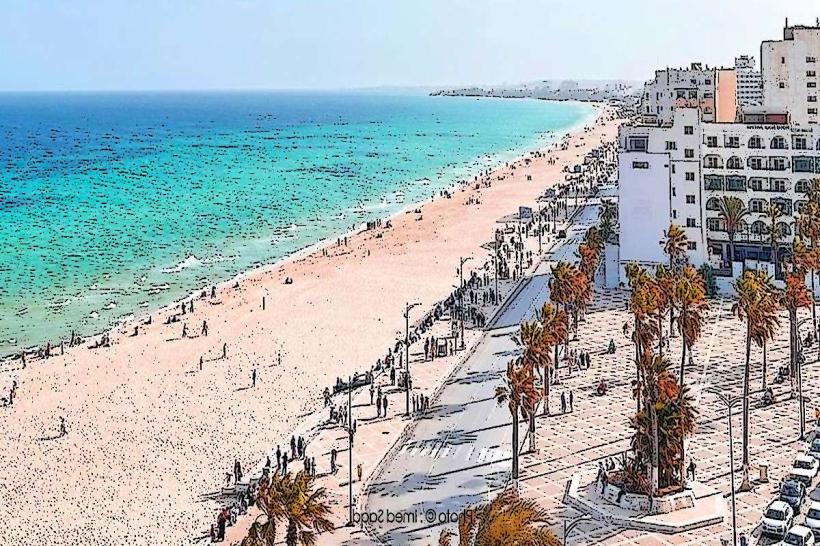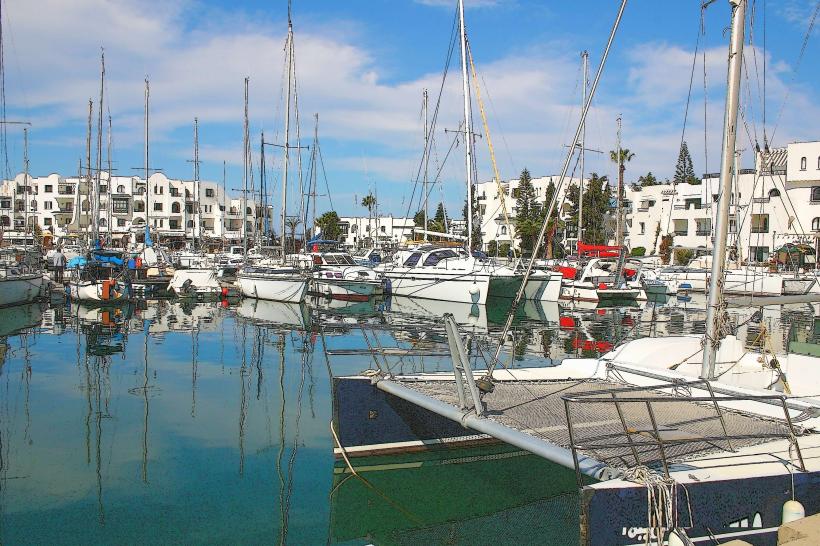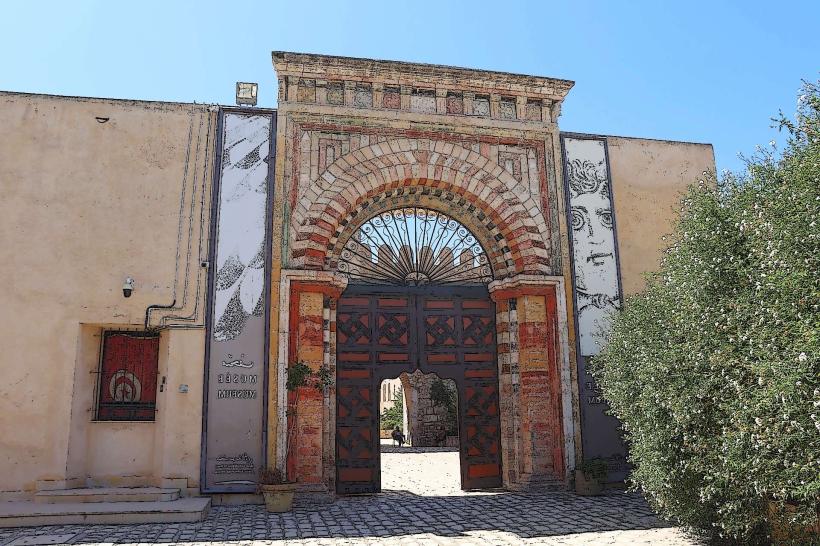Information
Landmark: Catacombs of SousseCity: Sousse
Country: Tunisia
Continent: Africa
Catacombs of Sousse, Sousse, Tunisia, Africa
The Catacombs of Sousse are a fascinating historical site, providing insight into the ancient practices of burial and early Christian life in Tunisia. Here’s a detailed look at the catacombs and their historical significance:
Overview and History
Location: The Catacombs are located underneath the modern city of Sousse, Tunisia, within the area known as the ancient Roman city of Hadrumetum. They are situated in a soft limestone hill, which was ideal for carving tombs.
Time Period: The catacombs date back to the 2nd to 4th centuries AD, during the period when Tunisia was part of the Roman Empire. The site was used primarily by early Christians who buried their dead here during times of Roman persecution.
Discovery: The catacombs were discovered in 1888 during construction work in Sousse. Since their discovery, they have been studied and have become a key attraction for visitors interested in the ancient history and Christian heritage of the region.
Structure of the Catacombs
Underground Network: The catacombs stretch over 5 kilometers underground, with a complex network of narrow corridors, chambers, and burial niches. The system is made up of several levels of tombs, which are spread out horizontally across the site.
Tombs and Graves: The catacombs contain approximately 15,000 graves, with burial niches carved into the walls. The niches were used to house the deceased, and many of them are still intact today, giving visitors a glimpse into the burial practices of the time.
Christian Symbols: Many of the niches and tombs are adorned with early Christian symbols, including fish, doves, and the Good Shepherd. These symbols were used by Christians as a way of identifying their faith in a time of religious persecution under Roman rule.
Tomb Paintings: Some of the tombs feature simple frescoes and painted designs. These artworks often depict scenes related to Christian beliefs and symbols, and they provide valuable insight into the religious practices and art of early Christianity in North Africa.
Cultural Significance
Early Christian Burial Practices: The catacombs were a significant burial site for early Christians who were not allowed to bury their dead in public cemeteries due to their faith. The catacombs served as a private, hidden place where they could perform the burial rites for their loved ones.
Roman Influence: While the site was used by early Christians, the catacombs also reflect Roman influence in their design, as they were carved using Roman engineering techniques. This blend of Christian and Roman cultures makes the catacombs a fascinating place for those interested in the intersection of these two civilizations.
Current Status
As of 2025, the Catacombs of Sousse are temporarily closed for renovations. It is advisable to check local sources or consult the Sousse Tourism Office for updates on their reopening date. While they are closed, visitors can still explore other historical landmarks in Sousse.
Nearby Attractions
Sousse Archaeological Museum: Located in the Kasbah of Sousse, the museum houses an extensive collection of Roman and early Christian artifacts, including mosaics, statues, and tools found in the catacombs. This museum provides context to the catacombs and other historical sites in Sousse.
Ribat of Sousse: This 9th-century fortress offers incredible views of the city and the Mediterranean. It is one of the most important Islamic monuments in Tunisia.
Great Mosque of Sousse: This mosque, built in the 9th century, is one of the oldest in Tunisia and an excellent example of early Islamic architecture.
Visitor Information
Opening Hours: The catacombs are currently closed for renovations, so it is important to confirm their status before planning a visit.
Admission: Typically, the entrance fee for visiting the catacombs is a modest amount, and photography may require an additional fee.
Language: Arabic and French are commonly spoken in the area, and English is not always widely understood, so it may be helpful to have basic knowledge of French or Arabic.
Accessibility: The catacombs are located in the heart of the Medina, and although the catacombs themselves may not be fully accessible for those with mobility issues, the surrounding areas of Sousse are quite walkable.
Conclusion
The Catacombs of Sousse offer a rare and intimate look into the ancient Christian burial practices of Tunisia. While the site is currently closed for renovations, it remains an important historical and cultural landmark for those interested in early Christian history, Roman engineering, and the rich cultural tapestry of North Africa.

